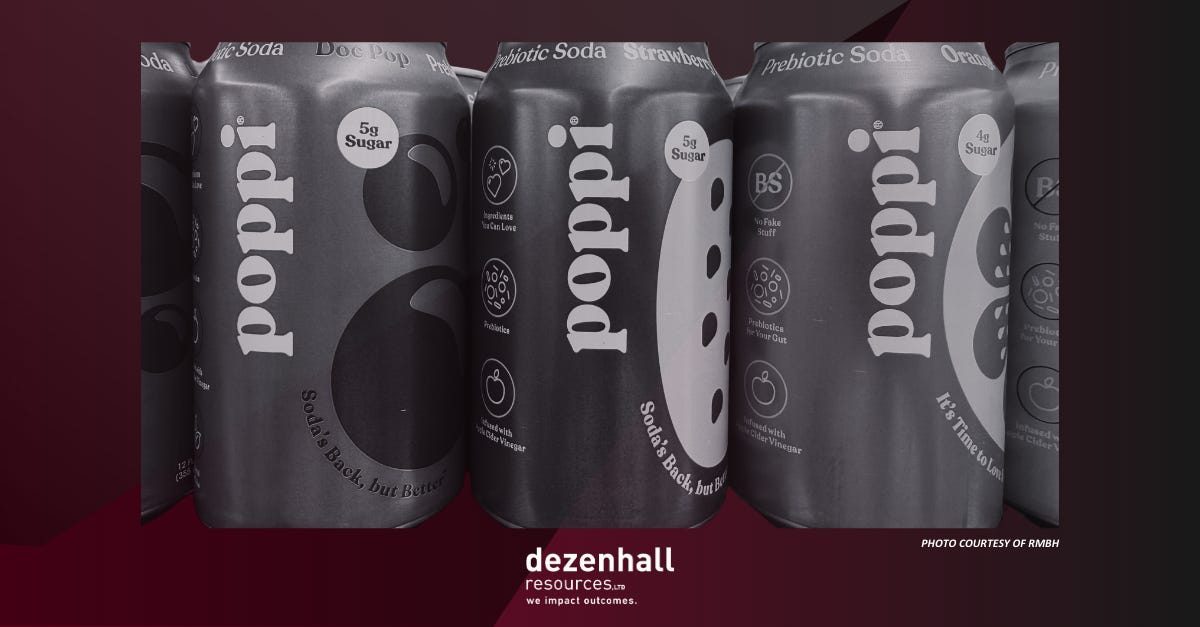Dez Reads. Escobar’s Hippo Havoc, Corporate Buzzword Overload, Frappuccino Innovation, Lego Heist, and the Hot Dog Scandal.
We’re in the “pool reads” epoch of the 2024 Dez Reads calendar, and I hope you’ll read along with us this week. One of the most fun parts of editing DR for me is attempting to psychoanalyze our staff based on their submissions. This week is an interesting one. Anne Marie writes about Pablo Escobar’s hippopotamus family tree, Jen shreds the latest piece of corporate jargon, and Mark takes a look at both a high-stakes LEGO heist and a cheating scandal at the Nathan’s Hot Dog Eating Contest. For my part, I like The Economist’s take on the importance of human gathering in building and innovating, even if I don’t like Starbucks coffee.
Thanks as always for reading along, and please continue to enjoy your summer.
Here we go.

Science.
Smithsonian. Pablo Escobar’s Abandoned Hippos Are Wreaking Havoc in the Colombian Jungle
Pablo Escobar, the notorious Colombian drug lord, left behind an unexpected legacy: a thriving population of hippopotamuses in Colombia’s Magdalena River. Originally part of Escobar’s private exotic animal collection, his hippos lived with kangaroos, zebras, elephants, and ostriches. Upon his death, Colombian officials transferred most of Escobar’s animals to zoos across South America. While other animals were relocated, four hippos were deemed too dangerous to move.
Those four hippos migrated to the Magdalena River and began breeding rapidly. As of 2023, the population had grown to nearly 200 hippos. This unusual situation has created an ecological challenge, as the non-native hippos are terrorizing local communities and ecosystems.
Though Colombians fear hippos, they also have a unique fondness for them and have created a bourgeoning ecotourism industry around the giants. In a country that’s experienced such significant violence and turmoil, attempts to kill the hippos have been rebuffed by the locals.
The drug trade, violence, and extravagance may have made Escobar infamous, but for locals in western Colombia, his most enduring legacy is the herd of free-roaming hippos they call their neighbors, for better or worse.
– Anne Marie Malecha
Workplace.
WSJ. Let’s ‘Double-Click’ on the Latest Cringeworthy Corporate Buzzword
Picture this: you’re in a meeting, the coffee’s barely kicked in, and someone drops a buzzword bomb that’s so cringe-worthy. “Let’s double-click on this,” they say, and you can’t help but wonder, “WTF do they mean by this? Do they want you to Ctrl-Alt-Del, or do they want you to dig deeper? Why not just say what they mean, or KISS (Keep It Simple, Stupid)?” Jargon has its place, usually when used to translate a complex idea into a bite-sized point. But when it starts sounding like a bad tech support call, it’s time to reboot the conversation. Let’s keep it simple, folks, and dial back the double-clicks. Rant over.
– Jen Hirshon
Culture.
The Economist. The frappuccino effect
A new study examines the impact of “third places” like Starbucks (and other sit-down-focused coffee chains such as Caribou) on innovation and new business formation. The idea is that places where people gather without express purpose have been hubs of free-form ideation and collaboration for centuries. Lloyd’s of London, one of the most important bankers in the world, got its start at Lloyd’s coffee house in London three centuries ago.
I’m not sure about the specific benefits of Starbucks over any other sit-down chain, but I am convinced that putting people together with low expectations is often how to get the best ideas flowing. If you want good coffee, go to Dunkin’. If you want to disrupt the economy, find a coffee shop with ample seating.
– Josh Culling
NBC News. Oregon police recover over $200,000 worth of Lego sets in massive bust
Oregon police have recovered over $200,000 worth of stolen Lego sets from a storefront in Eugene. Following a three-month investigation, officers discovered 4,153 Lego sets, revealing a massive theft ring where new, unopened Lego sets were stolen from a local retailer and sold to the store for cash. The owner allegedly knew about the stolen origin of these sets, making this more than just a simple case of retail theft.
The police’s effort, which involved coordination with loss prevention teams from major retailers like Target and Walmart, shows the impact of organized retail theft on consumer prices. While the owner of the establishment denies the allegations, claiming these are collectors’ items traded with other sellers, the legal battle ahead will determine the extent of this elaborate operation.
As the case unfolds, it reminds me of how valuable some of these Lego sets truly are and the realities of the intricate web of modern retail crime. Reflecting on the notorious yogurt caper from earlier this year, it’s clear that people will go to great lengths for a profit.
– Mark Emerson
WaPo. Nathan’s hot dog contest eater apologizes after cheating accusations
Another one for the “no one is immune to controversy” file, as the Fourth of July institution Nathan’s Hot Dog Eating Contest finds itself in the middle of a cheating scandal. Contestant Nick Wehry has been accused of inflating his score by tampering with his fellow competitors’ plates.
Wehry has strongly denied any notion of him cheating. He initially recorded 46.75 hot dogs, but his score was later adjusted to 51.75, placing him in the prestigious “over 50” club of competitive eating. On Thursday, following a cascade of accusations and a video surfacing of him moving another competitor’s plate around on stage, Wehry requested Major League Eating to dial his score back, citing the “appearance or possibility of impropriety.”
Making matters worse for Wehry, his headlines overshadowed his wife, Miki Sudo, who clinched victory and set a new world record in the women’s division, consuming 51 dogs.
And let’s not forget the elephant in the room – the absence of Joey Chestnut, the 16-time champion and world record holder with 76 dogs, who is now banned over an endorsement conflict with “Impossible Foods.” While Wehry steals plates to get his score of over 50, it reminds us of the GOAT Joey, who in 2022 defended the Mustard Belt with 68 dogs while choking out a masked protestor.
One of our most timeless (and frivolous) institutions finds itself consumed by crisis – ain’t that America.
– Mark Emerson


